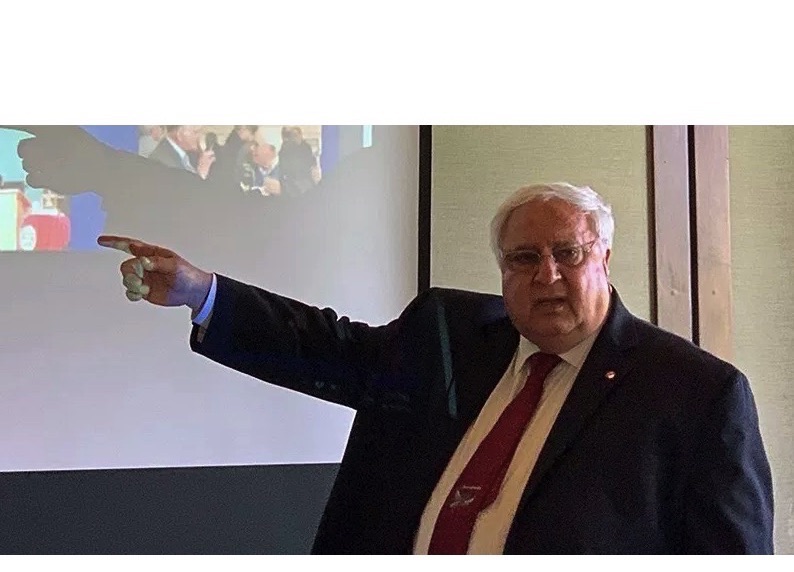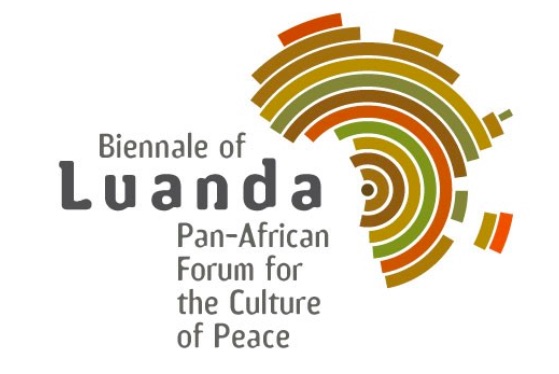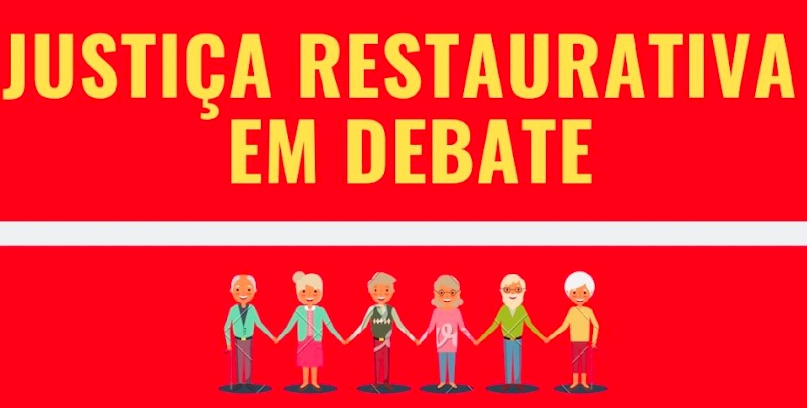Around the world people are taking to the streets in nonviolent demonstrations to demand justice and democracy.
In some cases (Hong Kong, Russia and Algeria), the mass demonstrations have already led to some changes, while those in Kazakhstan, the Czech Republic, Sudan and Brazil have not yet achieved the desired results.
Hong Kong. Almost two million people took to the streets in Hong Kong to protest a Chinese proposal that would enable the extradition to mainland China of Hong Kong residents and Chinese or foreign nationals traveling through the city. Critics believed it would tighten Beijing’s grip on the autonomous city, which is governed under a “one country, two systems” policy cemented during the British handover of Hong Kong in 1997. Opposition to the extradition bill came from broad sectors of society, including the business community, professionals, teachers, students, pro-democracy figures and religious groups. As a result of the mass demonstrations, the bill was suspended. However, it has not been completely withdrawn and the Hong Kong leader, appointed by Mainland China, is stil in place despite calls for her resignation.
Russia. Protests broke out in Russia following the arrest of investigative journalist Ivan Golunov on trumped-up drug charges. Golunov mainly publishes investigative reports exposing corruption, and Meduza, the online platform for which he writes, is one of the most widely read Russian-language media outlets in the world. After various smaller pro-Golunov rallies, thousands had planned to take to the streets on Wednesday June 12 in support of the journalist, even though authorities had not approved the protest. Golunov was released before then, however, following simultaneous publication by three top independent newspapers with the headline “We are Ivan Golunov.” As a result Russian Interior Minister Vladimir Kolokoltsev announced that those responsible for the arrest and charges will be fired.
Algeria. In April, following mass demonstrations, President Abdelaziz Bouteflika, who had been in power for several decades, was forced to resign. Mass protests have continued, however, demanding the resignation and prosecution of other figures from his government. Some arrests of corrupt former officials and businss people have been made but demonstrations continue demanding more prosectuions and a new government without links to the previous government of Bouteflika.
Kazakhstan. Protesters in Kazahstan continue to take to the streets following a snap election after the unexpected March resignation of President Nursultan Nazarbayev, who had led the country since its independence from the Soviet Union in 1991. The protesters allege that the election to choose his successor was not free or fair, and, as expected, the hand-picked successor to Nazarbayev was elected.
Czech Republic. Hundreds of thousands of activists flooded the center of Prague on Sunday, June 23, in the culmination of anti-government protests against the government of Prime Minister Andrej Babis. Previously, some 400,000 people signed a petition calling on billionaire Prime Minister Andrej Babis to step down amid allegations of fraud. The rallies were triggered after Babis appointed a close ally as the country’s new justice minister at a time when prosecutors are deciding on a potential indictment against him.
Sudan. After the three-decade autocratic rule of President Omar al-Bashir ended in a military takeover in April, talks faltered in May between protesters and the ruling Transitional Military Council over a timetable for civilian rule. On 3 June, security forces and paramilitaries fired on pro-democracy protesters holding a sit-in outside army headquarters in the capital Khartoum, leaving a number of people dead and many more injured. Demonstrators in Sudan planned to return to the streets on Sunday, June 30, for mass rallies dubbed the “millions march“. [Update: “The revolution will not die.” That was the message from tens of thousands of protesters, as they poured into Sudan’s streets on June 30, demanding civilian rule.]
Brazil. Millions participated in the general strike in Brazil on 14 June, with demonstrations in 380 cities across the country. The strike had been called to reject the proposed counter-reform of the pension system by the Bolsonaro government, but also reflected opposition to education cuts, which had already brought millions onto the streets on 15 and 30 May. The Bolsonaro government was hit by revelations of collusion between the judge and the prosecution in the trial against former president Lula. The judge involved was then awarded the Ministry of Justice by Bolsonaro. There is also strong resistance to the Bolsonaro government’s policies regarding indigenous peoples and the environment and Bolsonaro’s attacks on the gay community.
Although there was police violence against protesters in Sudan and Kazakhstan, the protesters themselves were nonviolent in all the above cases. It is a good sign that people are taking to the streets rather than remaining passive in this moment of history with its many setbacks to democracy and the fact that they are nonviolent is especially important. As reported previously in CPNN, a research project on Nonviolent Resistance and Democratic Consolidation, based on 101 democratic transitions that occurred within the time period of 1945 to 2006 found that nonviolent resistance, including mass protest marches, is more effective than violent resistance in both the short term and the long term.
|
HUMAN RIGHTS |
SUSTAINABLE DEVELOPMENT |
WOMEN’S EQUALITY |
EDUCATION FOR PEACE |
|
DISARMAMENT AND SECURITY |
FREE FLOW OF INFORMATION |
TOLERANCE AND SOLIDARITY |
DEMOCRATIC PARTICIPATION |







